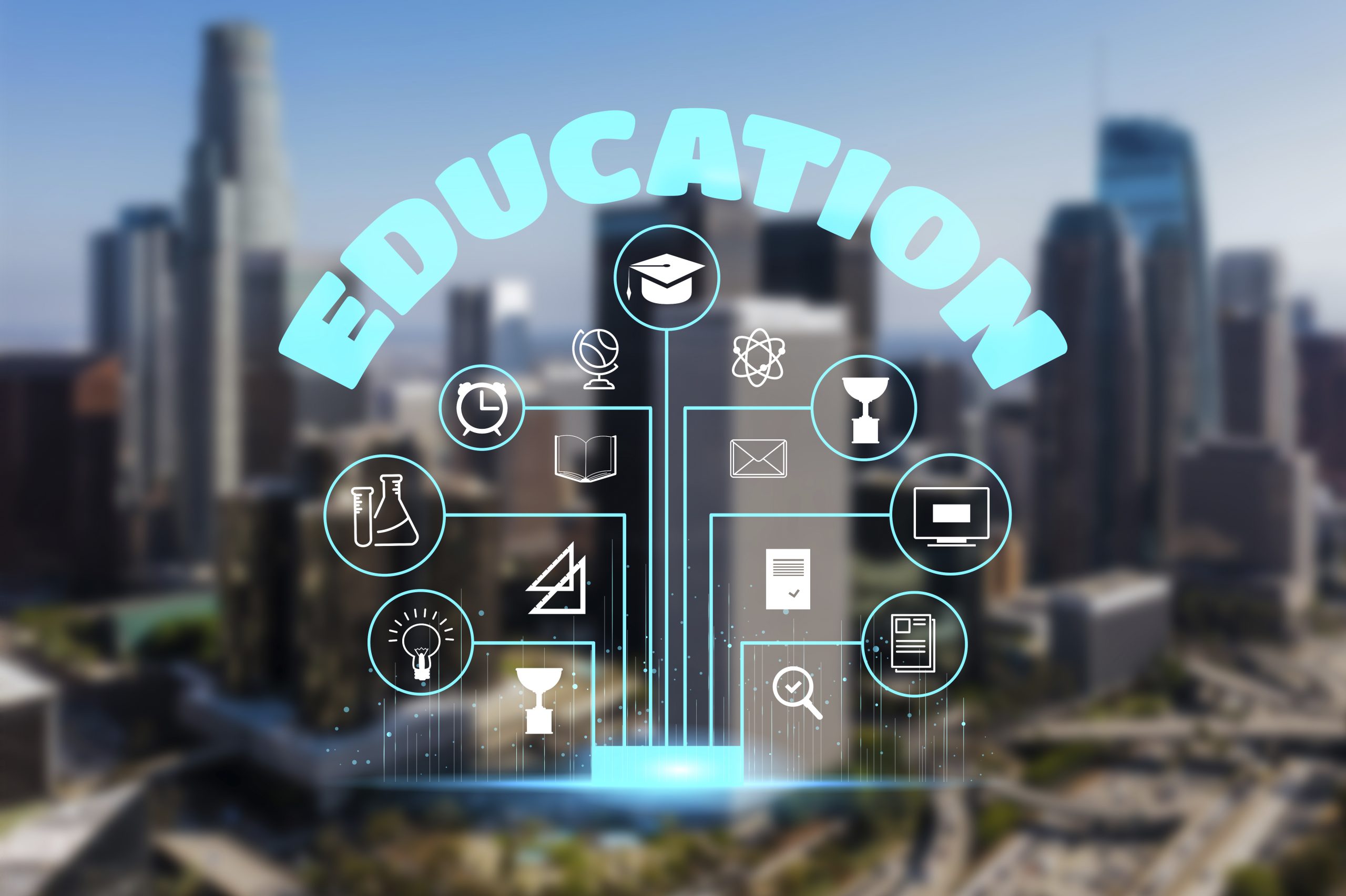Revolutionizing Learning: How Online Education Is Reshaping the Future
Revolutionizing Learning: How Online Education Is Reshaping the Future
The way we learn has undergone a remarkable transformation over the years. The emergence and proliferation of online education have brought forth a paradigm shift, reshaping the landscape of traditional learning methods.
Introduction to Online Education
Online education, often termed e-learning, refers to the delivery of educational content via the internet. It encompasses various forms of learning, including virtual classrooms, webinars, video lectures, and interactive modules. The evolution of online education has been substantial, altering the way knowledge is disseminated and acquired.
Evolution of Online Education
Early Beginnings
Online education traces its roots back to the early days of the internet when universities began experimenting with distance learning programs. Email and basic chat systems laid the groundwork for initial online courses.
Technological Advancements
Advancements in technology, such as high-speed internet, multimedia resources, and interactive platforms, revolutionized online education. This evolution led to the creation of sophisticated learning management systems and engaging multimedia content.
Benefits of Online Education
Flexibility and Accessibility
One of the key advantages of online education is its flexibility. Learners can access materials at their convenience, allowing for a personalized learning pace and accommodating diverse schedules.
Cost-Effectiveness
Online education often proves more cost-effective than traditional methods. It eliminates the need for physical infrastructure, reducing expenses on commuting, accommodation, and course materials.
Diverse Learning Opportunities
The accessibility of online education opens doors to a diverse range of courses and programs. Learners can access resources from institutions worldwide, expanding their learning horizons.
Challenges in Online Education
Lack of Direct Interaction
One challenge faced in online education is the lack of face-to-face interaction. While virtual classrooms attempt to bridge this gap, some learners may miss the interpersonal connections present in traditional settings.
Technical Barriers
Access to technology and stable internet connections remains a hurdle for some individuals, hindering their ability to fully engage in online learning experiences.
Ensuring Quality and Credibility
Maintaining quality standards and ensuring the credibility of online courses is crucial. Institutions must address concerns regarding the authenticity and effectiveness of online education.
Revolutionizing Traditional Education
Online education has revolutionized the traditional classroom dynamics. Blended learning models incorporating both online and offline elements are becoming more prevalent, reshaping the teaching methods employed by educators.
Role of Technology in Education
AI and Personalized Learning
Artificial Intelligence (AI) plays a pivotal role in online education, enabling personalized learning experiences tailored to individual student needs.
Virtual Reality and Simulations
The integration of virtual reality and simulations in online education provides immersive learning environments, enhancing engagement and understanding of complex concepts.
Global Reach and Inclusivity
Online education has a global reach, breaking geographical barriers and making education accessible to learners worldwide. It fosters inclusivity and allows diverse populations to access quality education.
Future Trends in Online Education
Integration of Emerging Technologies
The future of online education will witness further integration of emerging technologies, fostering more interactive and engaging learning experiences.
Enhanced Learning Platforms
Advancements in learning platforms will focus on enhancing user experience, providing seamless navigation, and incorporating features for collaborative learning.
Conclusion
The evolution of online education has undeniably reshaped the future of learning. While presenting various advantages, it also faces challenges that require continuous adaptation and innovation. Embracing technological advancements and ensuring inclusivity will further revolutionize the education landscape.
FAQs
- Is online education as effective as traditional learning?
- How can online education cater to diverse learning styles?
- What role does accreditation play in online courses?
- Are there limitations to the subjects available in online education?
- How does online education impact employment opportunities?
- Is online education as effective as traditional learning?
Online education has proven to be highly effective for many learners. However, its effectiveness can vary based on individual preferences, the nature of the subject matter, and the quality of the online program. Studies have shown that well-designed online courses with interactive elements and engagement tend to yield comparable results to traditional learning methods.
- How can online education cater to diverse learning styles?
Online education offers a range of tools and resources that can be tailored to accommodate different learning styles. Visual learners may benefit from video lectures and infographics, while interactive quizzes and discussions can engage auditory learners. Moreover, adaptable learning platforms often allow students to choose study methods that suit their individual preferences.
- What role does accreditation play in online courses?
Accreditation ensures that online courses meet certain quality standards. It is essential to enroll in accredited programs to ensure the legitimacy and recognition of the educational qualifications obtained. Accredited courses often adhere to established guidelines, ensuring a certain level of educational excellence and credibility.
- Are there limitations to the subjects available in online education?
The scope of subjects available in online education continues to expand. Initially, certain practical or hands-on subjects might have posed challenges in an online setting. However, advancements in technology, such as virtual laboratories and simulations, have allowed for the inclusion of a wider array of subjects online.
- How does online education impact employment opportunities?
Online education can significantly impact employment opportunities by providing learners with relevant skills and qualifications. Many employers now recognize and value online certifications and degrees obtained from reputable institutions. Furthermore, online education allows individuals to upskill or reskill, enhancing their employability in a rapidly evolving job market.
In conclusion, online education has become an integral part of modern learning, offering flexibility, accessibility, and diverse opportunities. While it presents challenges, ongoing advancements and innovations continue to reshape the future of education, making learning more inclusive and adaptable to individual needs and preferences.






